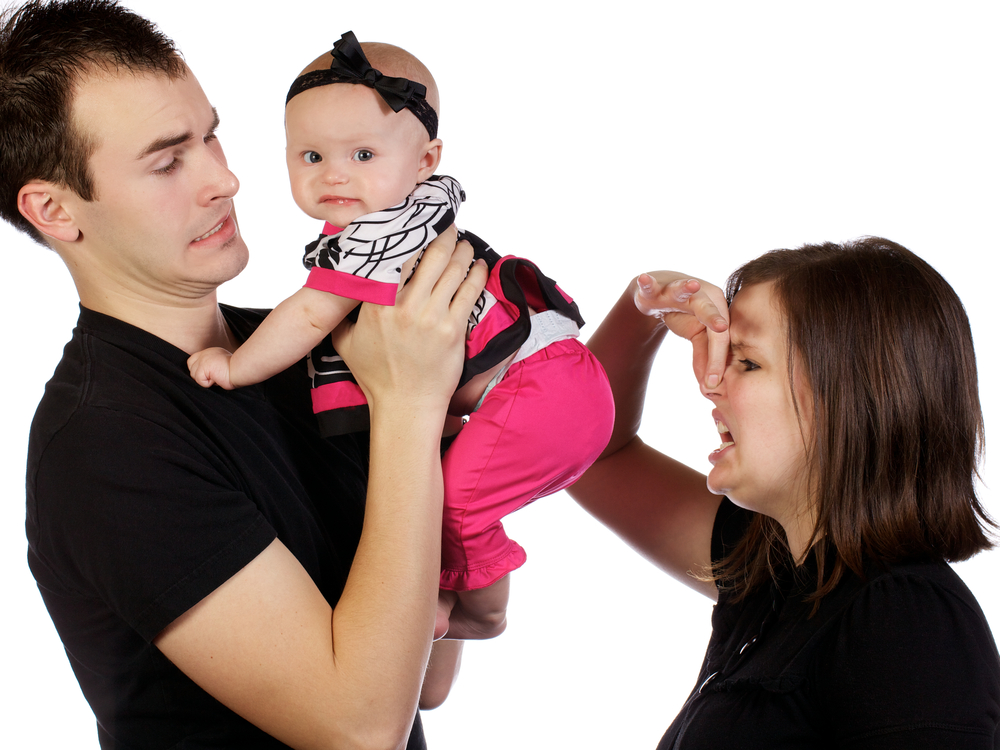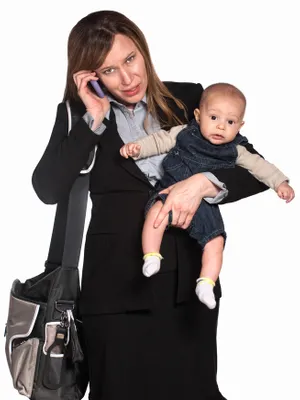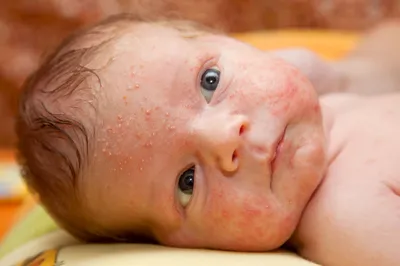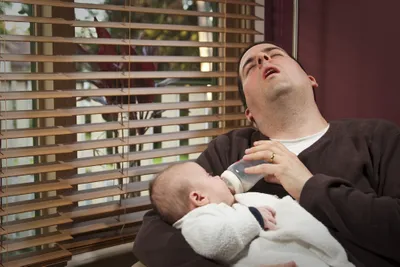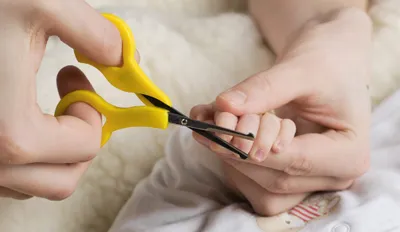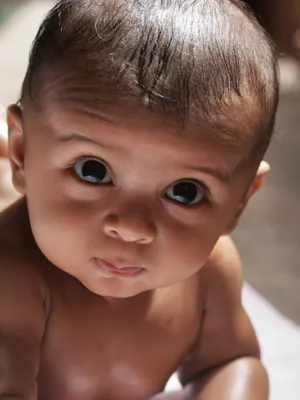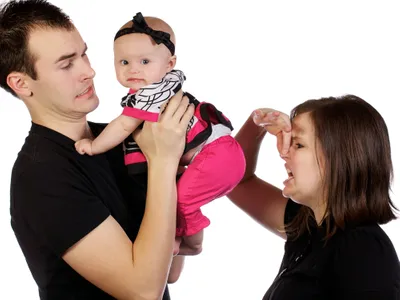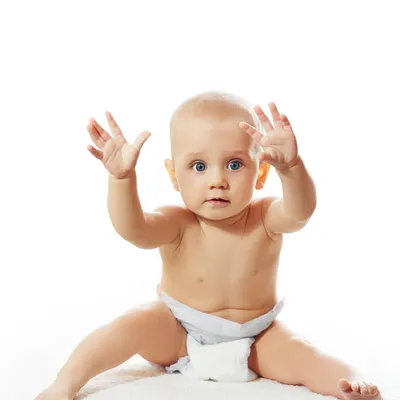Parenthood is full of constant surprises! And regardless of how much research you do, baby books you buy, and other parents you consult with you are bound to be flabbergasted on a regular basis during baby’s first year of existence. Plus, everything from your social life to leaving the house (and what you bring when you leave the house) will change. Let’s examine the developmental changes–including the physical, behavioral, and lifestyle changes–that you can expect from birth to your baby’s first birthday.
Here are ten of the biggest parental surprises in your child’s first year…
1. You’re Priorities Will Change
I have a good friend who said off the cuff a few months before she delivered her son, “I’ll have him and things will go back just the way that they used to be…I won’t be one of those obsessed moms!” Boy, was she misinformed. New parents are all about baby, and rightfully so. Suddenly, you are responsible for this new, precious life that you love beyond what you thought was ever possible.
Your world may suddenly revolve around baby, with new sleep schedules, eating times, and accessories that have to come along with you whenever you go anywhere. Trust me, it’s impossible to keep a set schedule that includes things that were once priorities–like going the gym everyday, checking in with work and working overtime, getting out for a regular Monday girl’s or boy’s night, and returning phone calls or visits when your priority #1 is your new baby.
2. Looks They Are A Changing
Blonde and blue-eyed to dark locks and big brown eyes? I was shocked when my daughter turned from Goldilocks to Little Red in a matter of what seemed like days. Ummm, many parents are shocked at how swift their baby’s physical characteristics can change.
From hair to eye color to skin tone, from hair length to nail length, and from weight to nose size—you may often wonder if the baby you see before you wasn’t switched in his or her crib by pixies in the night. Don’t worry, count yourself among the lucky to see these changes occur daily. Friends and family members who only see baby every month or year will be awed at how this little person so swiftly develops facial expressions, new hair styles, and looks that are all their own!
3. Getting Anywhere Takes a Lot of Time
No matter how organized you are, totting everything around that baby needs—diaper bag, diapers, wet naps, blankies, toys, bottles, rattles, formula (or pumped milk), binkies, books, clothing, and sleep accessories…and oh, don’t forget baby—can be a bit of an overwhelming nightmare.
Packing up to leave the house will be an ordeal in baby’s first year, and add another 20 minutes if baby needs an expected diaper change or last minute clothing swap due to a burping or throw up mishap. Your home, your car, your purse, and your pockets will overflow with baby’s essentials…so don’t be surprised if you reach inside your winter coat next year to find a soother that was left behind in the mix!
4. Holy Acne Batman!
Baby with flawless skin one minute—and tiny teen with raging acne the next! No, you’re little guy or gal isn’t already going through puberty, but with all of those sudden breakouts, it can take you back to your own highschool days.
One thing that amazes me about newborns is that they are more prone to skin blemishes than chip-munching pre-teens. Once baby reaches 3 months it’s common for him or her to break out in tiny pimples zits on the face, neck, chest, arms, and legs without cause or warning. The best defense you can invoke proactively to keep baby’s skin as blemish free as possible is to get in the habit of whipping away rogue milk and saliva with a gentle, fragrance-free baby soap. This will keep baby’s skin less irritated and hopefully, prone to breakouts.
5. Welcome to the Sleep Rollercoaster
Rollercoasters are fun in the summertime, but when you’re robbed of sleep from frequent feedings, that last thing you want is an amusement park rousing you from sleep frequently throughout the night.
You expect baby’s first year to go one of two ways—either you are blessed with a baby that sleeps peacefully through the night or you’re sleep deprived and woken with a fussy, irritable baby for the first solid year. However, that’s not the case. Oftentimes, babies can go through several developmental stages—crawling, teething, walking, talking—in his or her first year, and each one will affect baby’s sleep patterns and have them transitioning from peaceful cherub to raging nightmare.
6. Ever-Growing Finger Nails
The fingernails of most newborn baby’s are sharp, long little razor blades. You will cut them one day and they will reappear as sharp and fast as ever the very next day, it seems. Babies will scratch you, scratch themselves, and get their nails caught on just about everything within reach, which is why, for their protection and yours, you keep their nails trimmed.
This miraculous nail and hair growth is due to the influx of vitamins from breastfeeding. To avoid an injury (i.e, a facial scratch or an eye scratch), aim to cut baby’s nails very slowly. I found the very best time for a trimming was when baby was snoozing. This way I was able to hold my daughter’s little hand steady to trim while she was sleeping.
7. What the Heck Is Cradle Cap?
If this is your first baby, you may not know what cradle cap is, however, when it appears, you may be horrified. Cradle crap is the common term used to describe the scaly yellow layer of flakes that overtake your baby’s scalp in the first three months. The flakes often form a cap over the top of the head, behind the ears, and down the back of the neck.
Don’t freak out, cradle cap is quite common to newborns and in no way indicates an allergy, bacterial infection, lack of nutrients, or bad hygiene. Doctors figure that cradle cap is either the result of a fungal infection (i.e., dandruff), or an overactive sebaceous gland, which produces natural oils. Rubbing baby’s head gently with olive oil or baby oil after a bath will often remedy the flakes.
8. Ewwww Green Poop!
I don’t care how cute they are, baby poop is gross and it comes in all sorts of weird, and ghastly colors. Plus, it’s totally unpredictable stuff. It will splatter you in the face and on the clothing during changings. So like my husband, you’ll learn to keep your mouth closed tight during diaper changes.
Green, slimy poop is common so don’t freak out when you see it in baby’s diaper. This green goop will often indicate a milk imbalance or it could also be the result of something mom ate. Either way, green poop doesn’t indicate a problem, so even though it’s kinda gross, don’t stress out. If you’re still uncomfortable, ask your doctor for reassurance that it’s totally normal.
9. Realization of Controlled Movements
It’s fascinating to watch baby make the connection that they have control over their hands. Especially since his or her movements are quite erratic, involuntary, and out of control until week 8 or 9 of life. During this time, baby may flail his or her arms and legs with jerky movements until motor skills become a little more refined and familiar.
However, around 3-months baby’s motor skills will balance out. Suddenly, your erratic, flailing child will and baby will be memorized by stare at his or her hands for hours at time. This is entertaining for mom and dad to watch to as baby becomes fascinated with hand and foot movements, and starts to make the connection that arms and legs are attached to their body, and they can control them.
10. The Total Rush of Unconditional Love
There are no words that adequately express the love you’ll feel for your newborn child. This bond often starts just as soon as you see your newborn son or daughter in the delivery room. However, it can take a little longer to get over the shock of having giving new life.
Just wait until baby smiles or says “mama” or “dada” for the very first time. Your heart will swell with a mixture of pride, protection, and unconditional love. Many new parents find it hard to put the love they feel into words, they simply tell expecting parents that the love you’ll feel is out of this world and it’s like nothing you’ve ever experienced before.
